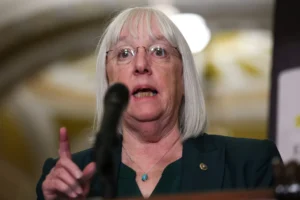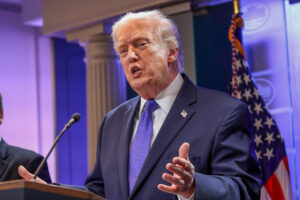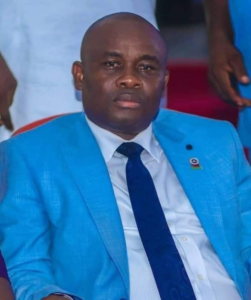Minister of Finance and Coordinating Minister of the Economy, Wale Edun, has announced that Nigeria has saved an estimated $20 billion through the removal of petrol subsidies and the adoption of a market-based foreign exchange pricing system. Edun shared this during an event in Abuja marking the first 100 days in office of Esther Walso-Jack, Head of the Civil Service of the Federation.
Edun revealed that the subsidies previously accounted for about 5% of Nigeria’s Gross Domestic Product (GDP), which he estimated at an average of $400 billion. “If you say GDP was on average, let’s say $400 billion, we all know what five per cent of that is $20 billion,” he explained. These savings, he said, are now being redirected toward critical sectors such as infrastructure, healthcare, education, and social services.
Describing the reforms as transformative, Edun criticized the inefficiencies of the previous systems, which allowed individuals to exploit subsidies and access cheap central bank funding for personal gain without adding value to the economy. “The real change with the measures of Mr. President is that nobody can wake up and aim to access cheap funding or foreign exchange from the central bank for flipping and profiting overnight, without adding value,” he stated.
He also denounced the old petrol subsidy regime as exploitative and inefficient. “Similarly, they can no longer try and be part of a new peak market and very inefficient petrol subsidy regime as a way of making money overnight,” Edun added.
These reforms, according to Edun, are essential to addressing long-standing economic inefficiencies and ensuring resources are allocated to national development priorities.



























